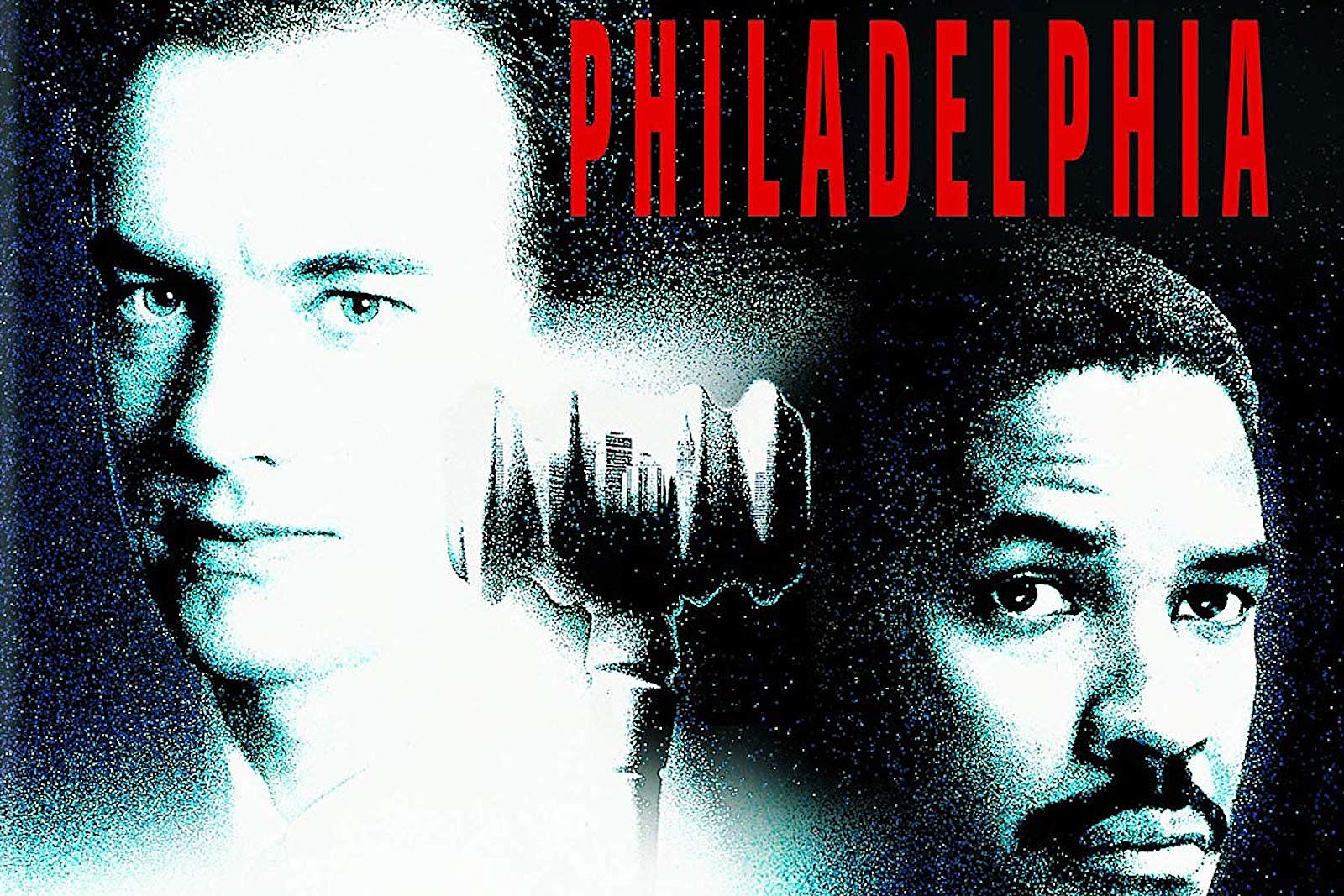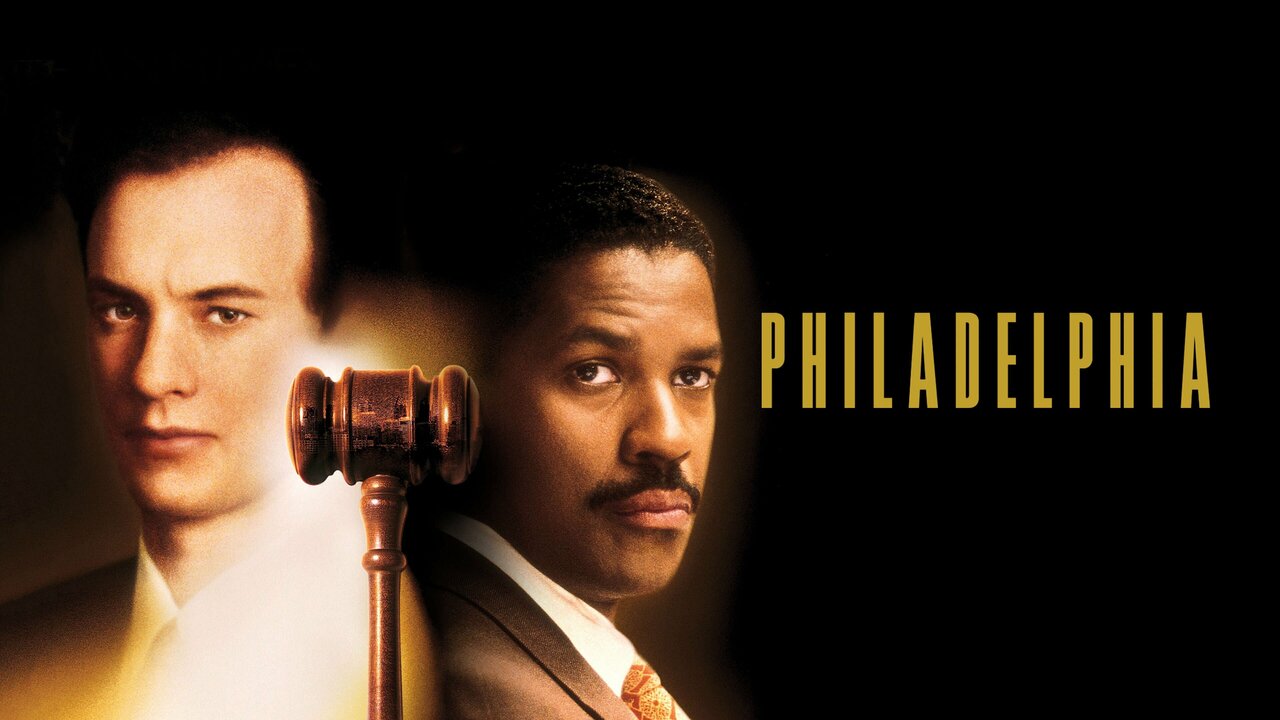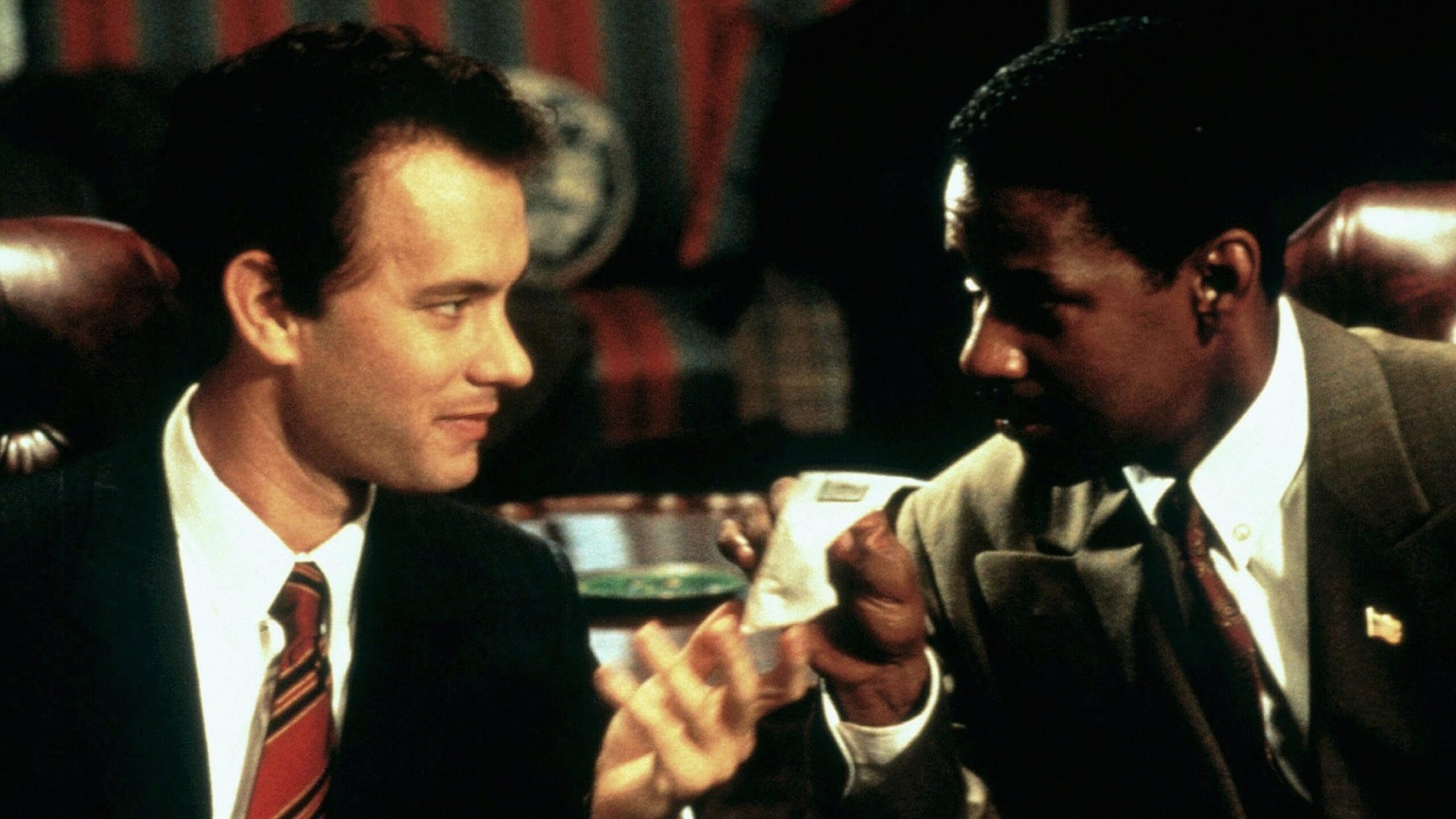The film’s foundation in real-life experiences highlights the broader societal challenges faced by individuals living with AIDS during that time. The world of cinema often draws inspiration from the pages of reality, and “Philadelphia” is no exception.
This 1993 American legal drama took root in the profound struggles of real individuals, crafting a narrative that would illuminate the injustices faced by those living with AIDS. But is “Philadelphia” based on a true story? The answer lies in the tales of Geoffrey Bowers, Clarence Cain, and a web of discrimination that shook the legal and moral landscape.
The Trailblazers: Geoffrey Bowers and Clarence Cain
“His case was one of the earliest AIDS discrimination cases to receive significant attention.”
Enter Geoffrey Bowers, an attorney at Baker McKenzie, whose name would resonate in the halls of justice for decades. In 1987, he dared to confront his former employer in a lawsuit that reverberated far beyond his office walls. His claims of wrongful dismissal and AIDS discrimination exposed the brutal realities faced by those afflicted with the virus. His legacy, though cut short by tragedy, laid the foundation for “Philadelphia.”

And then there was Clarence Cain, an attorney at Hyatt Legal Services, who found himself ensnared in a similar battle for justice. In a chilling parallel to Bowers’ plight, Cain faced the ignominy of wrongful termination due to his AIDS diagnosis. His story unfolded in 1990, a stark reminder that discrimination knew no boundaries. Although Cain’s journey ended prematurely, his fight left an indelible mark, breathing life into the very heart of “Philadelphia.”
The Courage of Scott Burr: A Legacy Continues
“The lawsuit garnered significant attention and was eventually settled out of court.”
With the dust of Bowers and Cain still lingering, the world witnessed another chapter in the ongoing saga of AIDS discrimination. Scott Burr, an attorney at the Philadelphia firm Kohn, Nast and Graf, added a new dimension to the tale. In 1994, Burr emerged as a beacon of resilience, taking his former employer to task for his wrongful termination following the revelation of his HIV-positive status. The echoes of “Philadelphia” grew louder as his case unfurled.

From Fact to Fiction: The Birth of “Philadelphia”
“Tom Hanks’ heart-wrenching portrayal of Beckett earned him an Academy Award, a tribute to his mastery in capturing the essence of human emotions.”
And thus, from the crucible of real-life injustice emerged the cinematic masterpiece known as “Philadelphia.” Penned by Ron Nyswaner and guided by the visionary direction of Jonathan Demme, the film metamorphosed the pain of Bowers, Cain, and Burr into a narrative that would touch the hearts of millions. Tom Hanks, embodying the spirit of attorney Andrew Beckett, breathed life into the character, his emotional portrayal earning him the coveted Academy Award for Best Actor.
Throw Back Thursday.
Philadelphia is a 1993 American legal drama film written by Ron Nyswaner, directed by Jonathan Demme and starring Tom Hanks and Denzel Washington. It is notable for being one of the first mainstream Hollywood films to acknowledge HIV/AIDS. pic.twitter.com/p65QZ1O71E
— Dudley's Place (@TheDudleysPlace) December 16, 2021
Themes That Transcend Time: The Impact of “Philadelphia”
“It played a pivotal role in opening up conversations about these subjects in mainstream cinema.”
“Philadelphia” was more than a film; it was a catalyst for change. Its exploration of HIV/AIDS, discrimination, and homophobia ignited conversations that reverberated across society. By infusing compassion into every frame, the film extended a hand of empathy, paving the way for acceptance and understanding. Its resonance was undeniable, reflected in its worldwide gross of $206.7 million in 1993.

A Journey Through the Lens: The Cast of “Philadelphia”
“The chemistry between these two powerhouses ignited the screen, making the film a journey of compassion, revelation, and transformation.”
The heart and soul of “Philadelphia” were breathed into life by an ensemble cast that carried the weight of the narrative. Tom Hanks portrayed Andrew Beckett, navigating the treacherous waters of injustice, while Denzel Washington infused vitality into personal injury lawyer Joe Miller. Their chemistry, a fusion of emotion and authenticity, elevated the film beyond the realm of mere entertainment.
A Tapestry of Emotion: The Plot of “Philadelphia”
“The film’s engaging plot, remarkable performances, and social relevance contribute to its enduring impact as a thought-provoking and influential cinematic work.”
The heartrending journey of “Philadelphia” painted a canvas of emotion, tracing the life of Andrew Beckett, a lawyer embroiled in the struggle against discrimination. Concealing his homosexuality and AIDS diagnosis, Beckett’s fight against injustice was a mirror to the very souls of Geoffrey Bowers and Clarence Cain. The film navigated the terrain of his battles, unraveling the layers of prejudice, compassion, and the quest for equal rights.
Finding “Philadelphia” Across Platforms: Where to Watch
“Whether you’re interested in the compelling legal drama, the performances of Tom Hanks and Denzel Washington, or the film’s historical significance in addressing important social issues, there are multiple ways to enjoy ‘Philadelphia’ at your convenience.”
For those seeking to traverse the poignant journey of “Philadelphia,” the digital landscape offers multiple paths. Amazon Prime extends an invitation to its subscribers, opening the doors to the poignant narrative. Google Play, iTunes, and Vudu stand as beacons, offering the film for rent or purchase, ensuring that the emotional tapestry can be woven into your cinematic collection.
In Conclusion: Beyond Fiction, a Reflection of Reality
“Through its compelling narrative, exceptional performances, and impactful storytelling, the film not only shed light on important societal issues but also contributed to promoting understanding, compassion, and equal rights.”
“Philadelphia” may have been crafted by the hands of filmmakers, but its heart beat to the rhythm of real stories. Geoffrey Bowers, Clarence Cain, Scott Burr – their journeys converged to create a narrative that transcended the silver screen. This was more than entertainment; this was a call to empathy, a plea for equality, and a reminder that truth can be even more riveting than fiction.









